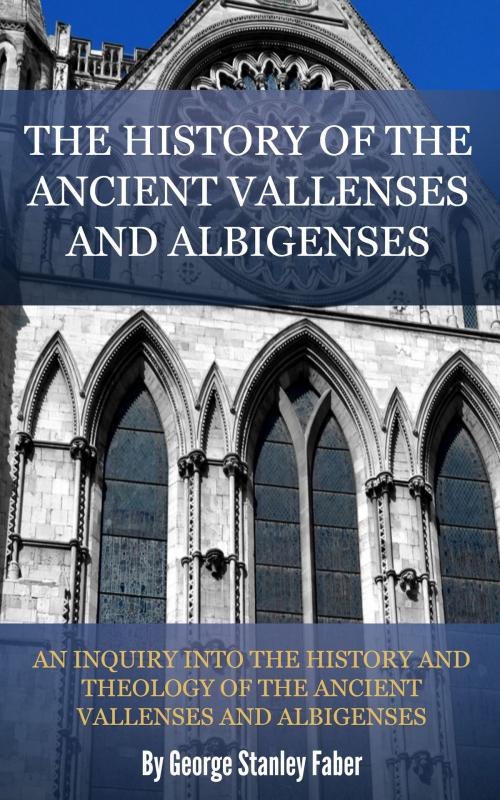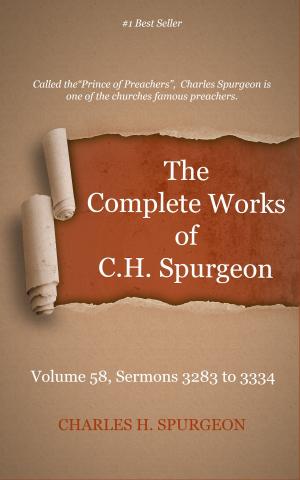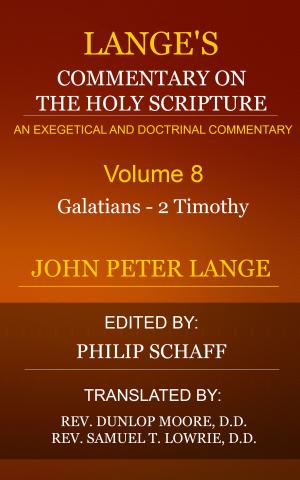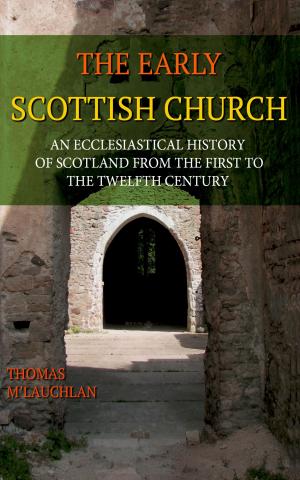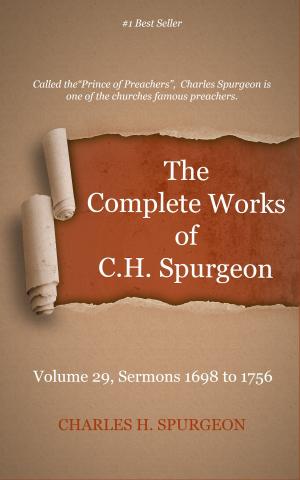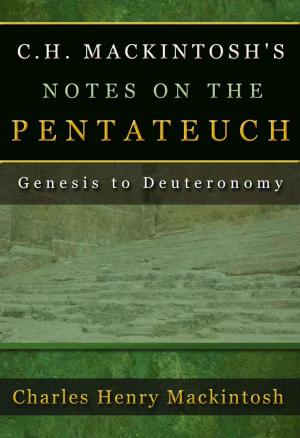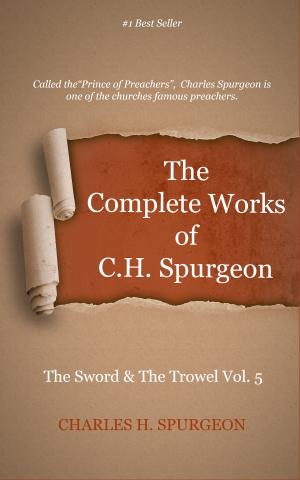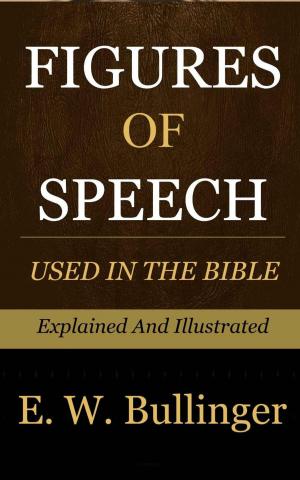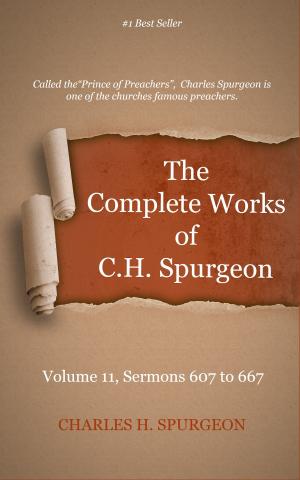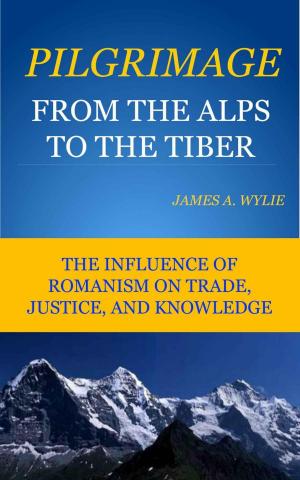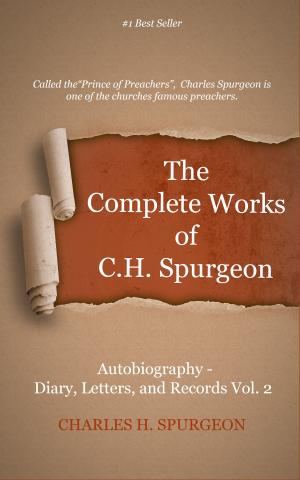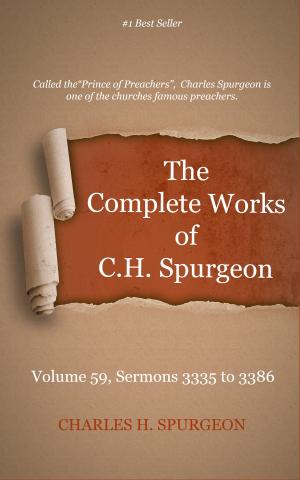The History of the Ancient Vallenses and Albigenses
Nonfiction, Religion & Spirituality, Reference, History, Christianity, Church, Church History, European General| Author: | Faber, George Stanley | ISBN: | 1230000297430 |
| Publisher: | Delmarva Publications, Inc. | Publication: | February 6, 2015 |
| Imprint: | Language: | English |
| Author: | Faber, George Stanley |
| ISBN: | 1230000297430 |
| Publisher: | Delmarva Publications, Inc. |
| Publication: | February 6, 2015 |
| Imprint: | |
| Language: | English |
THE Bishop of Meaux, the very able and acute Bossuet, has constructed an ingenious argument from the Prophetic Promises of Christ, which is for ever to establish the Roman Church and the Churches in communion with her as the sole visible Church Catholic, while it is for ever to exclude the Protestant Churches from all share and participation of that venerable title.
His argument cannot be given with more of fairness and propriety than in his own words.
THE DOCTRINE OF THE CATHOLIC CHURCH SUBSISTS IN FOUR POINTS: THE CONNECTION OF WHICH IS INVIOLABLE.
The first point is: that The Church is visible.
The second point is: that It always exists.
The third point is: that The truth of the Gospel is there always professed by the whole Society.
The fourth point is: that It is not permitted to depart from its doctrine; or, in other terms, that It is infallible.
The first point is founded upon the constant fact: that The term CHURCH, in Scripture and thence in the common language of the Faithful, always signifies A VISIBLE SOCIETY.--
The second point, that, The Church always exists, is no less certain: because it is founded on the Promises of Jesus Christ, respecting which all parties are agreed.
Hence we clearly must infer the third point, that The truth is always professed by the Society of the Church for the Church being only visible in the profession of the truth, it follows; that If it always exists, and if it is always visible, it cannot possibly do otherwise than always teach and profess the truth of the Gospel.
Whence, with equal clearness, will follow the fourth point: that We cannot be permitted to say, that The Church is in error, or that It has departed from its doctrine.
And all this is founded upon the Promise, which is confessed among all parties. For the same Promise which causes that, The Church should always exist, causes likewise that It should always be in the state imported by the term CHURCH: and, consequently, it causes also, that The Church should always be visible, and should always teach the truth.
Nothing can be more simple and more clear and more consecutive than this doctrine.
This doctrine is so clear, that the Protestants cannot deny it: and it imports their condemnation so clearly, that they have also not been able to acknowledge it.
Therefore it is, that they have thought of nothing, save to throw it into confusion.
To what particular Promise or Promises of Christ the Bishop alludes, he does not distinctly specify: but I conclude that he can only refer to the two following texts.
Thou art Peter: and upon this rock I will build my Church; and the gates of hell shall not prevail against it. (Matthew 16:18.)
Go ye, therefore, and teach all nations; baptizing them in the name of the Father and of the Son and of the Holy Ghost: teaching them to observe all things, whatsoever I have commanded you. And, lo, I am with you always, even unto the end of the world. Amen.
THE Bishop of Meaux, the very able and acute Bossuet, has constructed an ingenious argument from the Prophetic Promises of Christ, which is for ever to establish the Roman Church and the Churches in communion with her as the sole visible Church Catholic, while it is for ever to exclude the Protestant Churches from all share and participation of that venerable title.
His argument cannot be given with more of fairness and propriety than in his own words.
THE DOCTRINE OF THE CATHOLIC CHURCH SUBSISTS IN FOUR POINTS: THE CONNECTION OF WHICH IS INVIOLABLE.
The first point is: that The Church is visible.
The second point is: that It always exists.
The third point is: that The truth of the Gospel is there always professed by the whole Society.
The fourth point is: that It is not permitted to depart from its doctrine; or, in other terms, that It is infallible.
The first point is founded upon the constant fact: that The term CHURCH, in Scripture and thence in the common language of the Faithful, always signifies A VISIBLE SOCIETY.--
The second point, that, The Church always exists, is no less certain: because it is founded on the Promises of Jesus Christ, respecting which all parties are agreed.
Hence we clearly must infer the third point, that The truth is always professed by the Society of the Church for the Church being only visible in the profession of the truth, it follows; that If it always exists, and if it is always visible, it cannot possibly do otherwise than always teach and profess the truth of the Gospel.
Whence, with equal clearness, will follow the fourth point: that We cannot be permitted to say, that The Church is in error, or that It has departed from its doctrine.
And all this is founded upon the Promise, which is confessed among all parties. For the same Promise which causes that, The Church should always exist, causes likewise that It should always be in the state imported by the term CHURCH: and, consequently, it causes also, that The Church should always be visible, and should always teach the truth.
Nothing can be more simple and more clear and more consecutive than this doctrine.
This doctrine is so clear, that the Protestants cannot deny it: and it imports their condemnation so clearly, that they have also not been able to acknowledge it.
Therefore it is, that they have thought of nothing, save to throw it into confusion.
To what particular Promise or Promises of Christ the Bishop alludes, he does not distinctly specify: but I conclude that he can only refer to the two following texts.
Thou art Peter: and upon this rock I will build my Church; and the gates of hell shall not prevail against it. (Matthew 16:18.)
Go ye, therefore, and teach all nations; baptizing them in the name of the Father and of the Son and of the Holy Ghost: teaching them to observe all things, whatsoever I have commanded you. And, lo, I am with you always, even unto the end of the world. Amen.
